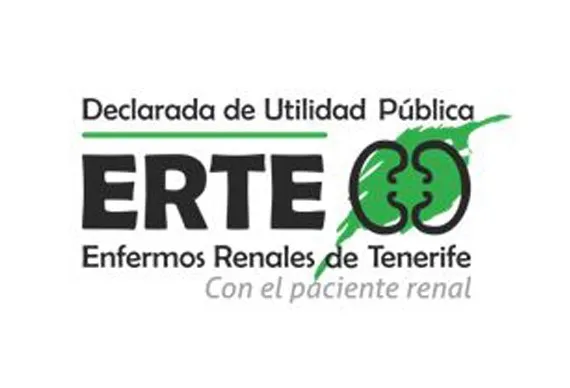In the Canary Islands 1,432 people are in dialysis treatment and 142 kidneys were transplanted in the last year.
Obesity and diabetes, in short, unhealthy lifestyof the Association of renal of Tenerife (ERTE).
For this reason, and taking into account that next Thursday 9 is the World Kidney Day, this association, together with the Official College of Pharmacists of Santa Cruz de Tenerife (COFT) and the Official College of Nurses of Santa Cruz de Tenerife,They have planned a series of activities with the aim of preventing and educating the Canarian population about this disease.
According to grill data, "more than 50% of patients who debut in this disease do not do it for genetic causes", although this is the main reason to suffer from it.In industrialized countries, it is estimated that 13.8% of men and 24.9% of women develop the disease for being overweight."If we add to this that 60% of the Spanish population is overweight," said grill, and that the Canary Islands "is the one that most prevalence has per million inhabitants" of overweight, we find a watchmaking bomb.
Another problem they affect is the large number of children suffering from childhood obesity."The Aladino report showed that 45% of Canarian children already had overweight or obesity in 2015," said Óscar Rey Luque, treasurer of the Official College of Nurses of Santa Cruz de Tenerife.In addition, according to the treasurer, cases of infants from 0 to 5 years with obesity have already been diagnosed.Therefore, Rey Luque considers this a "problem worse than the Panga, which should greatly worry society."
"Children are exposed to hypercaloric foods", in addition, the treasurer sees a relationship between the poverty and obesity index, as it warns that "the healthy purchase basket is more expensive."
"Obesity is preventable" and it is what the groups that drive this campaign claim.For this reason, they urge educational, political and families to make efforts to prevent early obesity.
In the Canary Islands, in addition, the situation of transplants stands out, as 142 kidney transplants, 51 liver and seven of pancreas were carried out in the last year, placing the donor rate of the islands (46.7 donors per million inhabitants)above the national average (43.3 donors per million inhabitants).To which Guillermo Schwartz, president of the COFT, wanted to insist that "being more difficult to donate organs than blood, we have more than the first."


